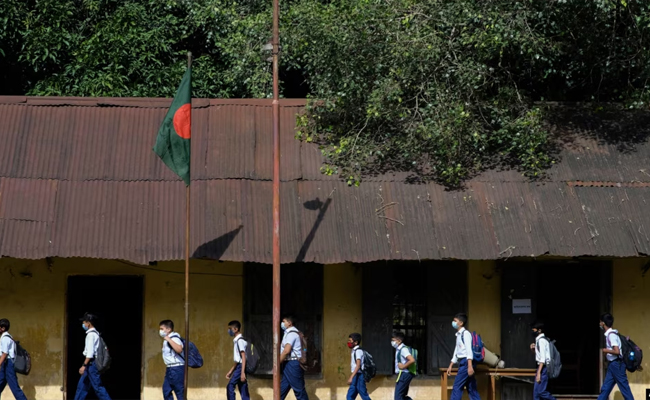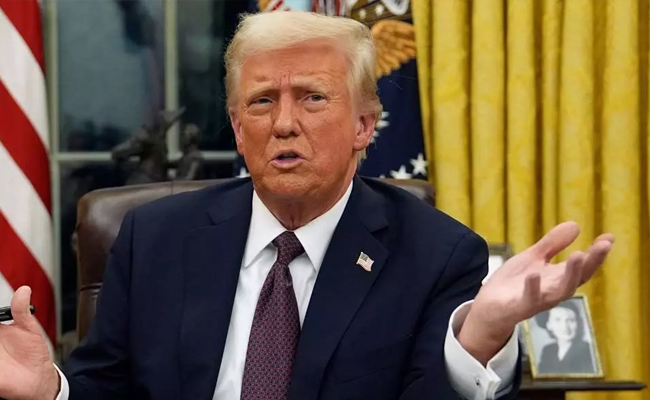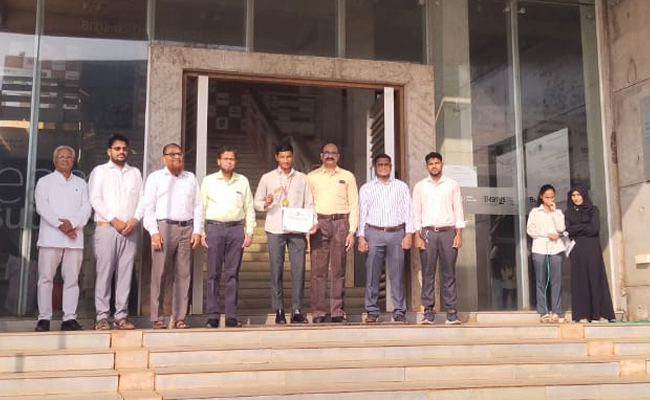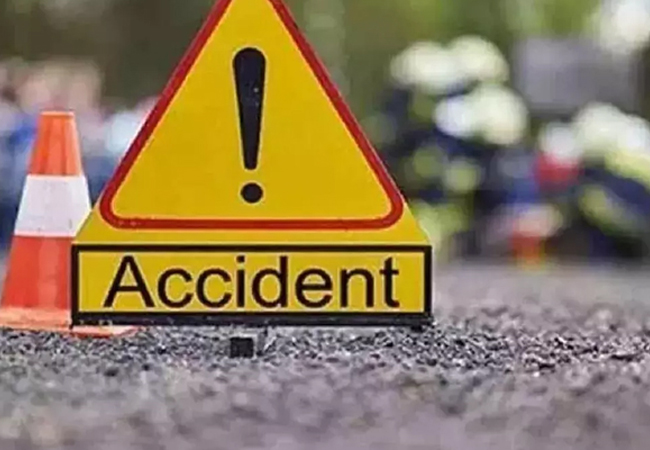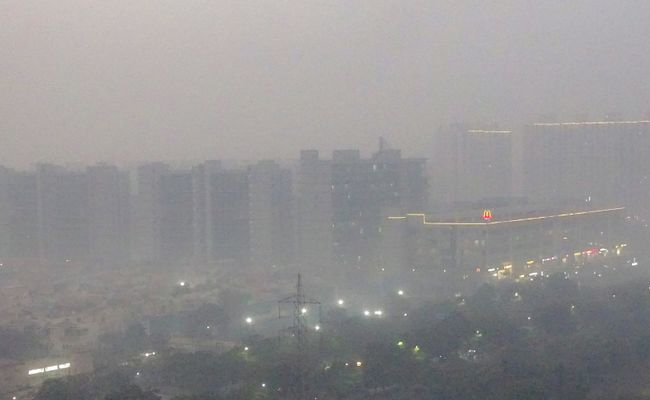Dhaka (PTI): Bangladesh on Sunday reopened all educational institutions, including universities, secondary schools and colleges, across the country after more than a month of closure due to violence centring the student-led protests that led to the ouster of Prime Minister Sheikh Hasina.
The educational institutions in Bangladesh were closed indefinitely on July 17 to ensure the safety of students in the wake of clashes that erupted during the recent movement demanding reform of the job quota system.
The Ministry of Education on Thursday issued a directive to reopen the institutions under its jurisdiction. All the educational institutions reopened on Sunday, after a month of closure.
According to Somoy Television, a Bengali news channel based in Dhaka, “All concerned have been asked to take necessary steps to resume academic activities in all the educational institutions from August 18 following the instruction of Chief Adviser Muhammad Yunus,” a notification signed by deputy secretary Mosammat Rahima Akhtar, said on August 15.
In the morning, school students in uniform were seen going to their institutions, many accompanied by guardians, the Daily Star reported.
Many points of Dhaka city are witnessing severe traffic congestion due to the reopening of educational institutions.
The working week is from Sunday to Thursday in Bangladesh.
Initially, classes were scheduled to resume on August 4 in all government primary schools, except in the 12 city corporations and Narsingdi municipality, but this was also postponed.
Meanwhile, the postponed Higher Secondary Certificate (HSC) and equivalent examinations will be resumed from September 11.
According to the revised routine, the exams will be completed on October 23.
Classes at public universities have been suspended since July 1 when teachers went on strike in protest of a new pension scheme.
After the fall of the Sheikh Hasina government on August 5, the educational institutions were declared open on August 7, but the academic activities could not be resumed fully due to the low attendance of students.
Let the Truth be known. If you read VB and like VB, please be a VB Supporter and Help us deliver the Truth to one and all.
New York/Washington (PTI): US President Donald Trump has repeated his claim of resolving the India-Pakistan conflict and asserted that Islamabad's leadership credited him for saving millions of lives.
"We stopped a potential nuclear war between Pakistan and India. And the head of Pakistan, a highly respected General, he's a Field Marshal and also the Prime Minister of Pakistan, said President Trump saved 10 million lives, maybe more...,” Trump said Monday.
He made these remarks at Mar-a-Lago, Florida, flanked by Defence Secretary Pete Hegseth, Navy Secretary John Phelan, and Secretary of State Marco Rubio.
“You know, eight planes were shot down. That war was starting to rage, and he actually said the other day that President Trump saved 10 million lives, maybe more. So we solved all these wars. The only one I haven't solved yet is Russia, Ukraine,” he said.
ALSO READ: Man murders colleague, dumps body in water tank in Palghar; held
Since May 10, when Trump announced on social media that India and Pakistan had agreed to a “full and immediate” ceasefire after a “long night” of talks mediated by Washington, he has repeated his claim over 60 times that he “helped settle” the tensions between the two neighbours.
New Delhi has consistently denied any third-party intervention.
India launched Operation Sindoor on May 7, targeting terror infrastructure in Pakistan and Pakistan-occupied Kashmir in retaliation for the April 22 Pahalgam attack that killed 26 civilians.
India and Pakistan reached an understanding on May 10 to end the conflict after four days of intense cross-border drone and missile strikes.

